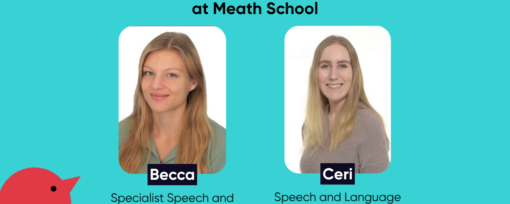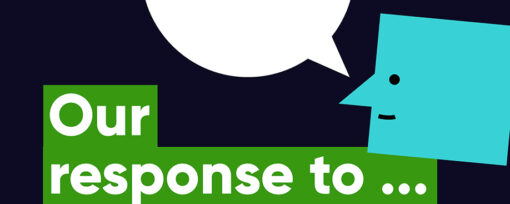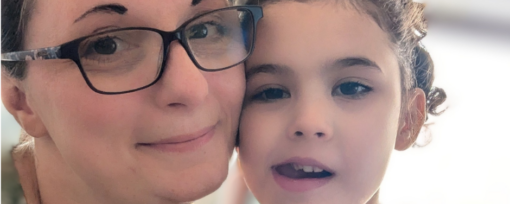News and blogs
For 1.9 million children in the UK, learning to talk and understand words feels like and impossible hurdle. Read our news and blogs to find out more about how we help to ensure these children get the support they need!
Filter results...
-

Meet the Speech and Language Therapists at Meath School
Read more
-

What the government’s Best Start in Life’s strategy means ...
Speech and Language UK welcomes the Department for Education's new strategy, "Giving every child the best start in life," and its commitment to early childhood development. This plan signals a much needed step forward in ensuring every child has the foundational speech and language skills they need to thrive.
Read more
-

Speech and Language UK’s response to the Department for ...
Read more
-

Speech and Language UK response to the Government’s rollout of Best ...
Read more
-

Carly’s silent story
Could you keep schtum for 24 hours? It's a big challenge – but our supporters up and down the country have taken it on for The Big Silence! We chatted to one of these silent superheroes, Carly, about how she found it.
Read more
-

Groundbreaking speech and language education at Meath School showcased ...
Read more
-

Our mental health and speech and language challenges roundtable
This week, we launched our report on the link between mental health and speech and language challenges at a roundtable discussion in the House of Commons.
Read more
-

Speech and Language UK responds to 18% surge in children needing ...
New government figures released today reveal a stark 18% rise in children and young people with Education, Health and Care Plans (EHCPs) for Speech, Language and Communication Needs (SLCN)—up from 78,199 in 2023 to 92,004 in 2024.
Read more
-

Shocking double disadvantage: Two million UK children with speech and ...
A devastating double disadvantage is robbing two million UK children of a happy, healthy childhood, according to a new report launched today by Speech and Language UK.
Read more
